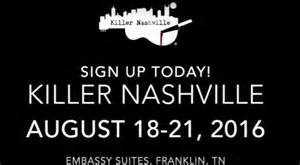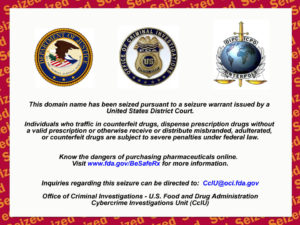William Scully who owned and operated three pharmaceutical wholesale operations was recently sentenced to 5 years in prison for selling fake and misbranded pharmaceuticals and to forfeit nearly $900,000 in ill-gotten gains. Scully is estimated to have sold about $17 million in misbranded pharmaceuticals in what may be the biggest such fraud in U.S. history. According to the DOJ, Scully’s convictions were the result of his “leadership role in a long-running scheme to sell misbranded and unapproved pharmaceutical products, including chemotherapy drugs for infusion into Stage 4 cancer patients, to medical providers across the United States.
Evidence elicited at trial from 40 witnesses established that Scully deceived a wide array of doctors and cancer clinics into believing that he was selling legitimate FDA-approved products when, in reality, he was selling unapproved products imported through a series of unidentified middlemen in Turkey and elsewhere overseas. Some of the products Scully sold were highly sensitive, so-called ‘cold-chain’ biologic drugs that did not have FDA-required warnings of potentially deadly side effects.”
Scully purchased the fake pharmaceuticals through wholesalers overseas and shipped them into the United States by having them labelled as “product samples” with “no commercial value”—even though the packages often contained tens of thousands of dollars of misbranded and unapproved prescription drugs. Scully would then execute “bait-and-switch” transactions with doctors by advertising FDA-approved products on his website but then sending them the misbranded and unapproved products. Several doctors and health care professionals testified at trial that Scully deceived them into believing that the drugs they were purchasing were FDA-approved and legal. Ultimately.
Scully continued to sell these drugs even after his office was searched by FDA agents and all of his existing products were seized. To conceal the continued sales, he covertly set up a new company, which he operated without a license that was essentially nothing more than a storage space where he kept the drugs. Even after that storage space was searched and additional products were seized, Scully continued selling products to unsuspecting doctors.

